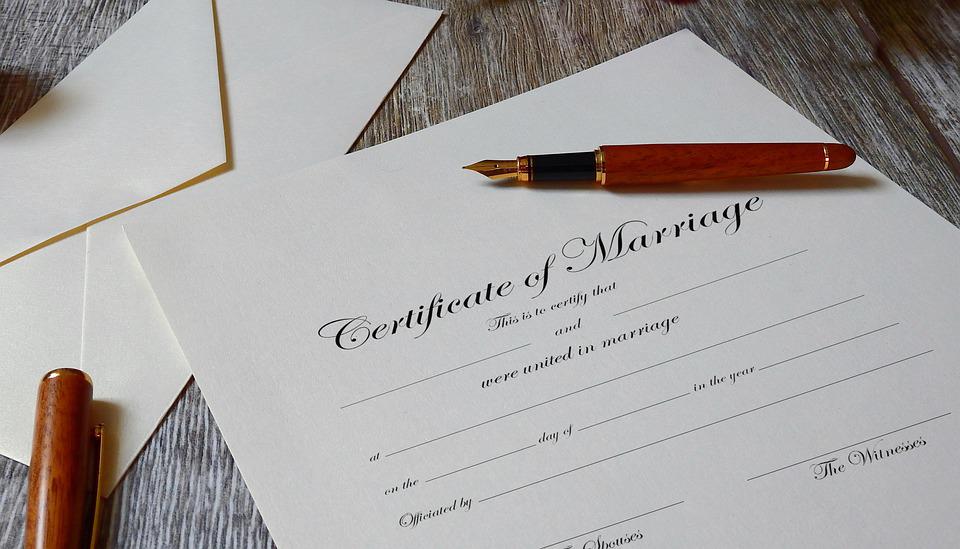
28 Jun I’m considering divorce. What should I do first?
Photo: pixabay.comQ. I’m considering a divorce for the first time and I don’t know anyone who has gone through this before. We both work, no kids, no pensions, we have an uneven amount of retirement money and own a home with a big mortgage, little cash. How do we go about splitting everything up and what should I make a priority?
— Trying to learn
A. We’re sorry to hear things aren’t going well.
The first thing you should do is meet with a certified matrimonial law attorney.
Many will offer a free consultation, said Ken White, a certified matrimonial attorney with Shane and White in Edison.
He said it’s important that you enter the process with full knowledge of your rights and potential responsibilities.
“On the surface it would appear that your matter will not be complicated,” he said. “Accordingly, it pays to do it one time and to do it right.”
He said it can be 10 times more timely and more expensive if the process is done wrong initially, and then you’d have to retain an attorney to try to undo something that was done wrong, at which time there will be no guarantee that you can undo it.
Without knowing more about your situation, it’s hard to say what you should expect.
For example, how long you have been married and whether there is a meaningful disparity between your annual earnings and those of your spouse will likely dictate whether either of you should have spousal support — alimony — obligations due and owing to the other, White said.
But there are a few starting points.
You should know that New Jersey is an “equitable” distribution state not an “equal” distribution state.
That means neither of you are automatically entitled to 50% of all the assets amassed during the marriage, White said.
However, he said, the majority of divorce cases are resolved by consent and with each party receiving 50% of the assets amassed during the marriage. Therefore, to the extent that your retirement benefits are uneven, you can expect that as part of a final resolution that the retirement benefits amassed during the marriage will be equally distributed between the two of you, he said.
A decision will have to be made regarding whether one of you wishes to retain the home or if the home is to be sold, he said.
“If the home is to be sold, generally, you would each receive 50% of the net sale proceeds at the time of closing and that would be the end of that issue, provided there were no unusual circumstances,” he said. “If one of you wanted to keep the home, generally, the individual wishing to keep the home would have to have the ability to purchase the other’s share of the equity in the home as well as be able to refinance the mortgage into his/her sole name, freeing up the other’s credit.”
And of course it could be more complicated. For example, if it was a short-term marriage and only one of you put a substantial down payment to acquire the home that individual may be seeking and may be entitled to greater than 50% of the existing equity, he said.
So to start, meet with an experienced attorney who can look more closely at your situation and address your specific issues and questions.
One last thing: See these tips on how to raise your credit score before you take any actions.
Email your questions to .
This story was originally published on June 28, 2023.
NJMoneyHelp.com presents certain general financial planning principles and advice, but should never be viewed as a substitute for obtaining advice from a personal professional advisor who understands your unique individual circumstances.

